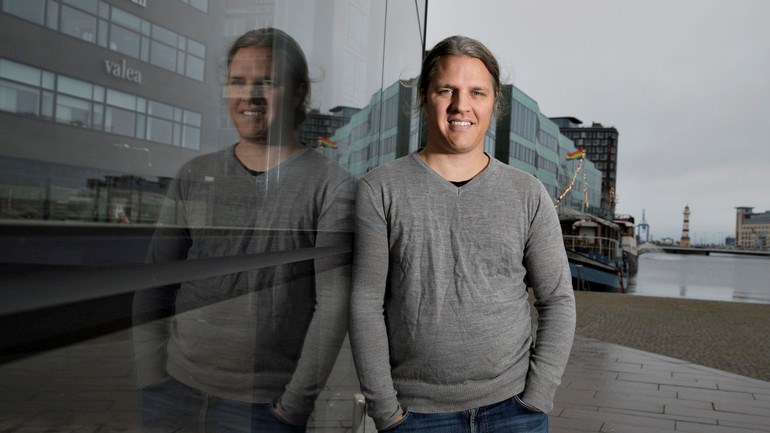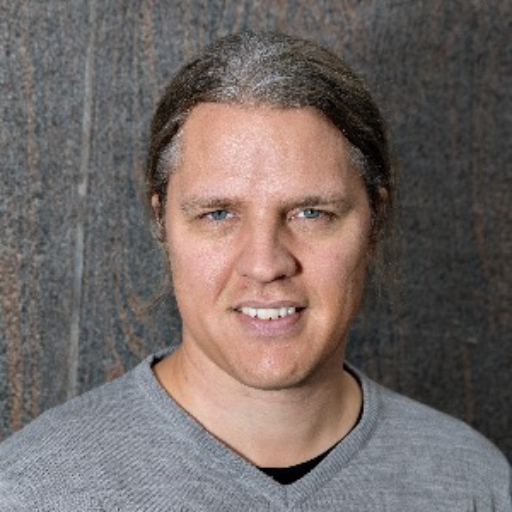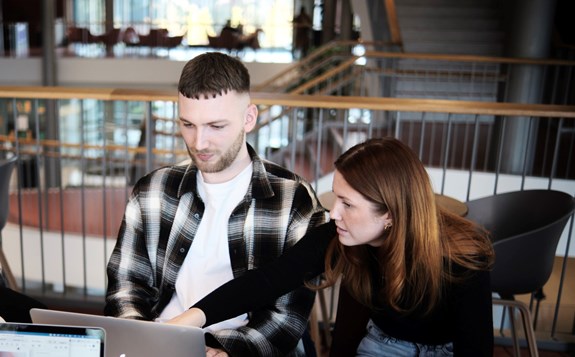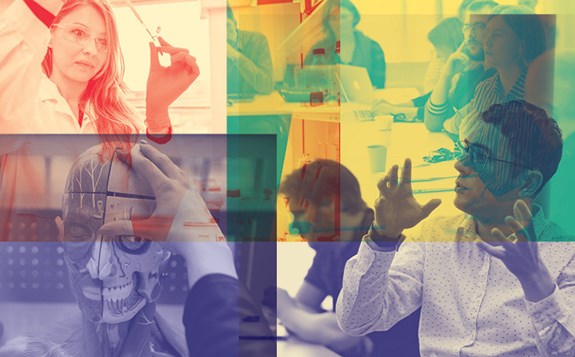FACULTY OF HEALTH AND SOCIETY | Seminar
How are children affected by growing up under a prolonged threat of deportation?
Wednesday 4 June, 13:15 - 15:00
Niagara, C1129, Nordenskiöldsgatan 1

With Jacob Lind, postdoc, Department of Global Political Studies, Malmö University, AMIS, University of Copenhagen
How are children affected by growing up under a prolonged threat of deportation?
Young adults’ retrospective perspectives on childhoods in deportability.
Fearing deportation for a prolonged time has long-lasting negative effects on children. I have interviewed young adults in Denmark and Sweden about their lives, focusing on extended periods during their childhoods when they were living in Danish asylum camps or in Sweden as undocumented migrants. Retrospective perspectives of young people enable views about childhood that are not possible to get when talking to children directly.
Impact on who they are today
In this seminar, I will present initial analysis about how these young people talk about how extended childhood deportability have impacted who they are today and their relationship to Danish and Swedish society. The analysis engages in questions such as the following: How is a “normal” childhood perceived by those who have not experienced one? How do children cope while, and young people “move on” after, experiencing extensive childhood trauma?




